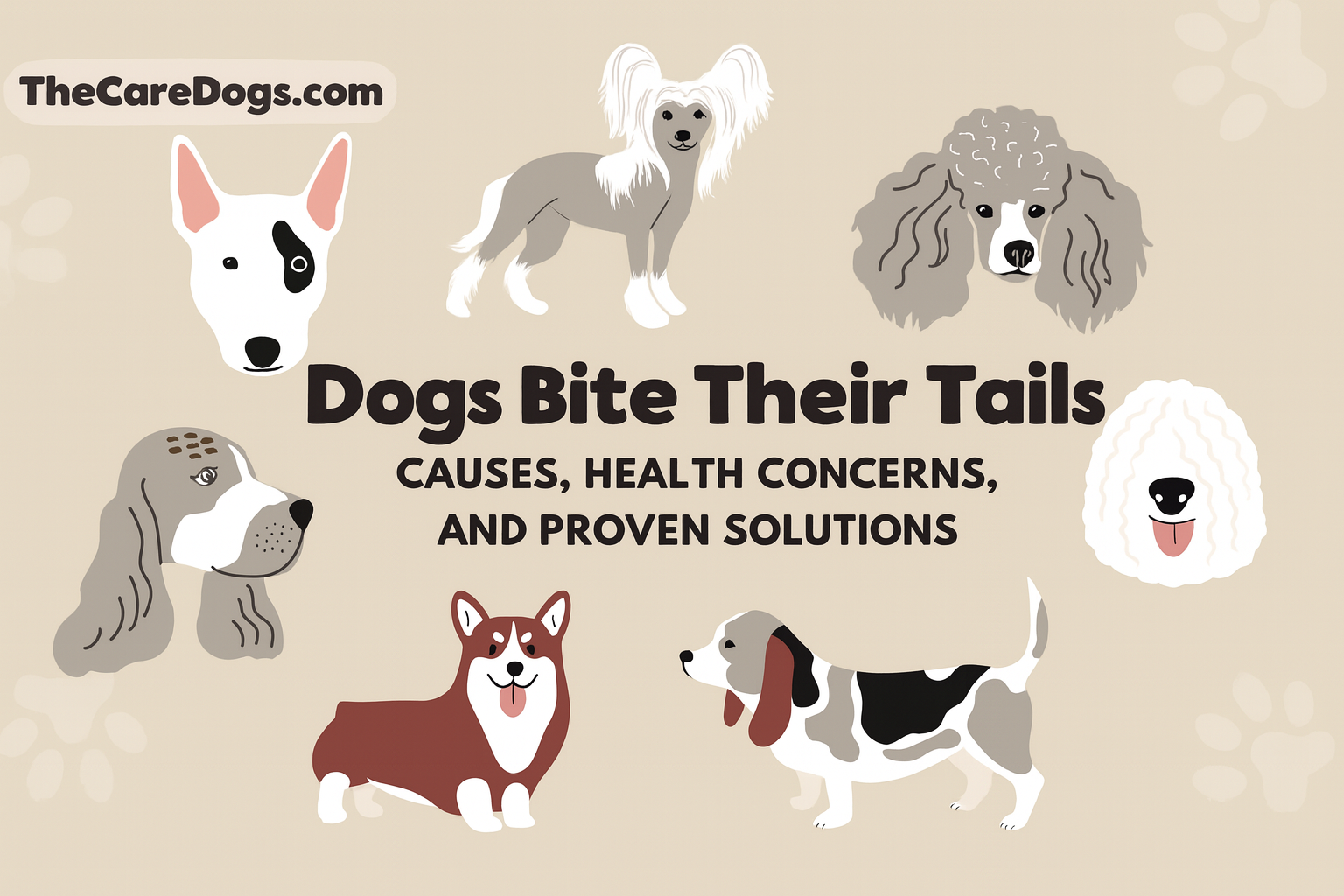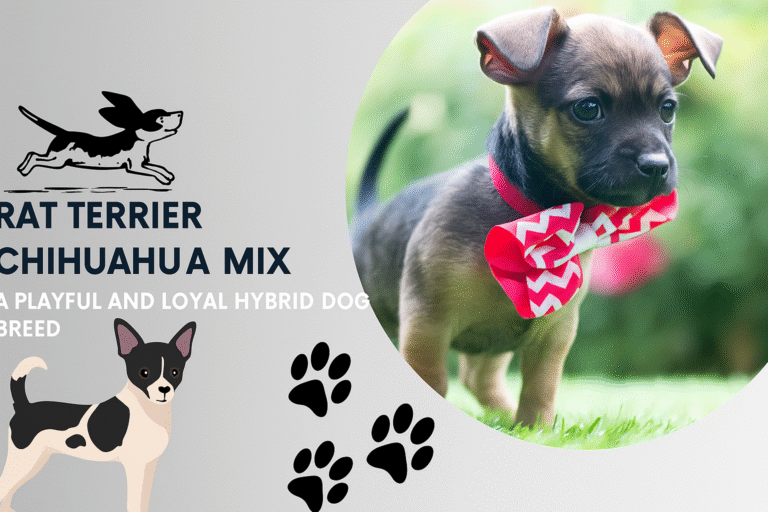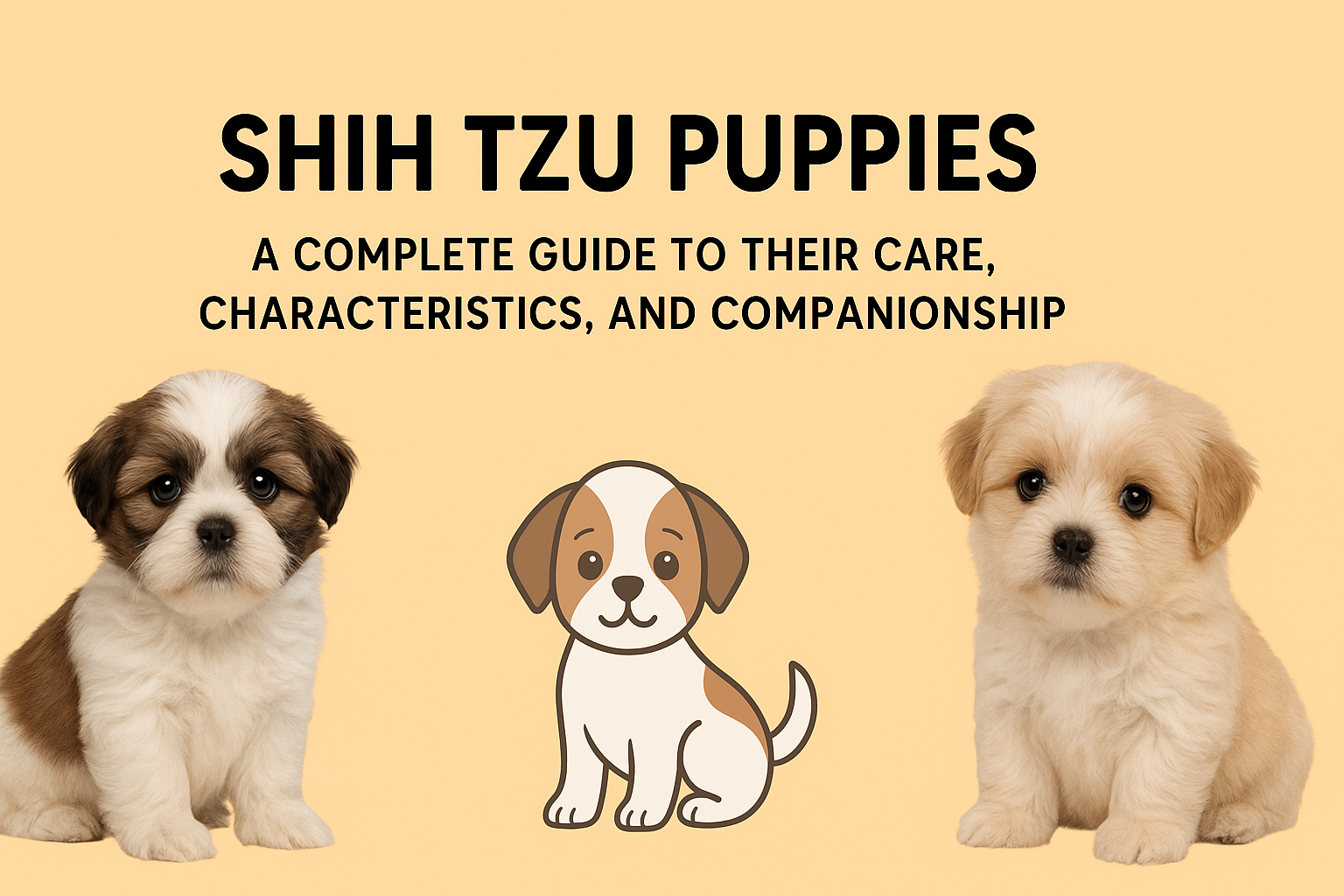Why Dogs Bite Their Tails: Causes, Health Concerns, and Proven Solutions
Why Dogs Bite Their Tails If you’ve noticed your furry friend spinning in circles, snapping, or even chewing on its tail, you’re not alone. Many pet owners find this behavior confusing, and sometimes even alarming. Why Dogs Bite Their Tails while the occasional playful tail chase can be harmless, persistent biting or chewing can signal underlying behavioral or medical issues.
Dogs Bite Their Tails Understanding the root cause is the first step in helping your dog live a happier, healthier life.
Common Reasons Why Dogs Bite Their Tail
- Playfulness and Curiosity
Puppies bite and chase their tails more. It is usually play or getting to know themselves. It will also stop as the dog matures. - Fleas, Ticks, and Parasites
The most frequent cause for a dog to bite its tail is due to parasite infestation. Fleas and ticks find these skin around the base of the tail to be particularly delightfuls wheres it becomes scratchy and irritatings.
Internal link suggestion: Link this section to an article such as “Best Flea Treatments for Dogs.” - Allergies and Skin Irritation
Dogs are allergic to foods pollen dust mites and shampoos. They develop all these allergies, and as a result, the skin on their tail area gets inflamed. Due to this, they bite, lick, and scratch. - Anal Gland Problems
Dogs Bite Their Tails do possess anal glands which are located right beside their anus, and when these get impacted or infected, they are painful and swollen. Biting their tail can be a dog’s attempt at seeking some kind of relief from this discomfort. - Stress and Boredom
Likewise as the people bite their nails as a stresseds habits dogs bites their tail as an adjustment habiteds. Dogs kept in confinement for extended periods of time or suffering from poor mental stimulation develop this kind of habit.
Internal link suggestion: To a post such as “Top Signs of Dog Anxiety Every Pet Owner Should Know.” - Infections or Injuries
Tail cutting, injury, or even superficial surface abrasions on the tail induce self-commiseration licking and chewing. This, unless checked, progresses to infection. - Compulsive Disorders
OCD-level purging tail biting has become chronic and unrestrainable. This is mosts frequently a professionals issue.
When Tail-Biting Becomes a Health Problem
Why Dogs Bite Their Tails Tail-chasing under some circumstances is not usually harmful. However, when your dog incessantly chews, bites, and wounds its tail, it can cause some serious medical issues:
- Infections: Wounds caused by chewing will get infected.
- Hair Loss: Redness of the skin and bald patches occur due to the process of recurrent chewing.
-
Top 10 Guard Dog Breeds That Deter Intruders and Protect Families
-
Kangal Dog Breed Information: Personality, Exercise, and Protection Skills
Your pet will need to go visit a vet if it is bleeding, swelling, or nipping excessively.
Steps That Work to Prevent Dogs from Biting Tail
- Treat the Parasites
Dogs Bite Their Tails Implement the use of flea and tick protective medications.
Vacuum often and thoroughly clean your house frequently.
Vacuum and disinfect your dog’s bed completely. - Treat Allergies
Switch to a hypoallergenic food if the food is suspected to be an allergen.
Use vet-recommended shampoos for sensitive skin.
Do not allow pollen and dust exposure indoors.
Internal link recommendation: Cross-link this to an article such as “Best Dog Foods for Allergies and Sensitive Stomachs.” - Inspect and Express Anal Glands
Have your vet inspect whether or not anal gland expression is required.
Never attempt yourself without training. - Offer Mental and Physical Stimulation
Lengthen walk times and play times each day.
Increase additional training sessions and puzzle toys.
If yours dogs spends an lot of hours home alone try doggys daycare. - Utilize Protective Devices
Elizabethan collars cones of shamed can be an applied to deter chewing.
Bitter sprays will deter tail-biting without injuring your dog. - Visit Your Veterinarian
Dogs Bite Their Tails In infection situations, antibiotics are given.
In OCD-type behavior situations, medication or behavioral adjustment can be recommended by veterinarians.
Prevention of Dogs Bite Their Tails
Why Dogs Bite Their Tails You cannot get rid of all tail-biting, but you can decrease the risk by:
- Being on top of monthly parasite prevention
- Having regular check-ups with the vet
- Feeding your dog a balanced diet
- Giving your dog lots of exercise and stimulation
- Watching for any change in your dog’s behavior early on
Frequently Asked Questions About Why Dogs Bite Their Tails
- Is tail-biting normal in dogs?
Yes, normal, occasional tail-chasing in puppies. But ths constant chewing can mean something is amiss. - Will tail-biting permanently hurt my dog?
Yes, it can cause infection, scarring, and ongoing pain if stopped. - How can I tell if allergies are to blame?
If your dog also has other signs of symptoms such as licking paws, ear scratching, or rashes on its skin, then allergies might be to blame. - Do I intervene when mine dogs bites its tails?
Yes, and you can redirect your dog to an alternative activity peacefully. But you must reward and investigate the reason too. - Are dogs stressed because they bite their tails?
Yes. Stress, anxiety, and boredom are all prime suspects in compulsive behavior such as tail-biting. - When do I take mine dog to the vet for tail biting?
If the action doesn’t ceases results in bleeding’s or appears pailfuls phone your vet immediatelys.
Conclusion
Biting the tail is possible in dogs but it’s usually an indication of parasites allergies or tension. Luckilys with proper treatments observation, and compliance with vet recommendations, most of the causes of the problem can be easily corrected.
By making your dog’s life stimulatings giving it a balanced diets and providing it with the best for its well beings you are able to avoids tail biting and enjoy an healthy and happy dog.
Visit: CareDogs







